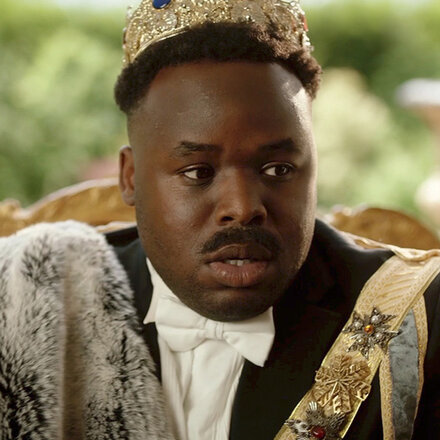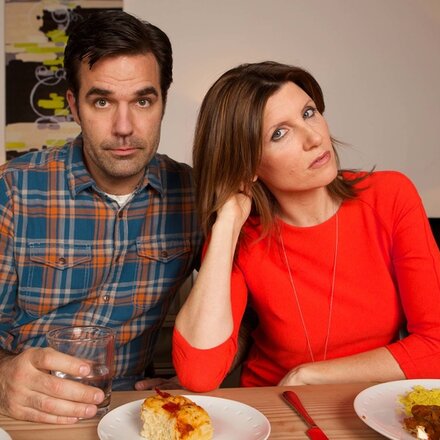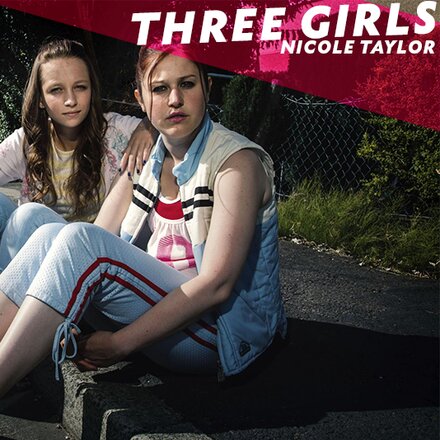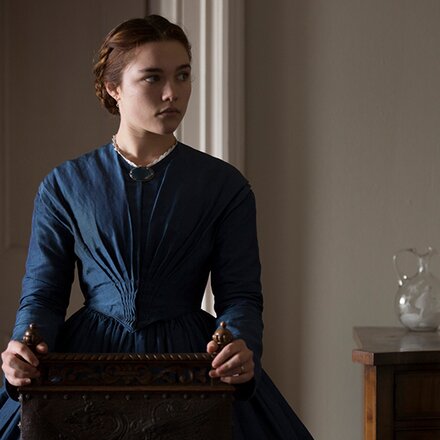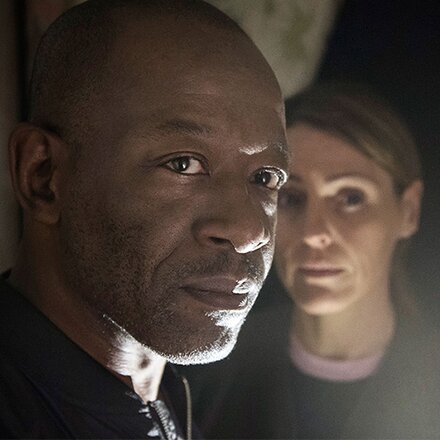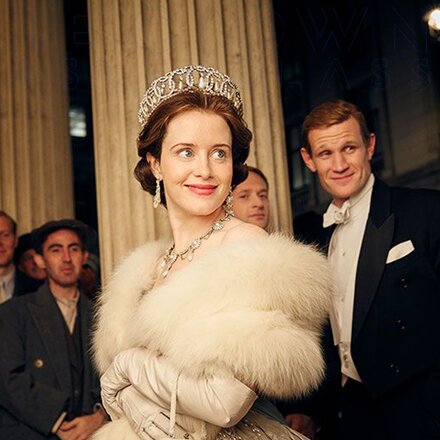What first inspired you to get into your craft?
I've always loved films, ever since I was a kid. My first love was horror films. There used to be a double-bill of horrors on BBC2 on a Saturday night in the late 70s which would kick off with a classic Universal movie from the 1930s or 40s (usually starring Boris Karloff or Lon Chaney Jr) and be followed by a technicolour Hammer Horror with Peter Cushing. These films shaped my early development. I was either going to be a screenwriter or a vampire. And I still haven't made up my mind which yet.
How did you first break into the industry?
I started off as a novelist. This in itself took years and a lot of rejection letters before I finally managed to get a book published in 2001 (The Burglar Diaries). I wrote a further seven over the next eight years and some of these caught the attention of filmmakers. At first they simply optioned the rights and commissioned experienced screenwriters to adapt them. Sensing I was missing a trick I began adapting my books into screenplays myself, in order to try to mug some of these producers into given me the commissions. Most times they didn't want to use my screenplays but by doing it I learnt how to write so that when Dexter suggested a premise for Wild Bill, I was able to use what I'd learned to flesh out a story.
Which professional figure in your field do you find the most inspiring?
If I had to pick one perhaps Talbot Rothwell (well I don't just like horror films, you know). He wrote twenty of the Carry On movies and although some of the later ones looked like he'd knocked them out on the back of a beer mat there were some genuine and much loved classics in there (Carry On Screaming, Doctor, Up The Khyber, Camping, Cabby, Cleo to name but a few). And his skill with dialogue and puns was second to none. "Infamy! Infamy! They've all got it in for me!" If I write a line as good as that before I hang up my pen I should be rightly proud.
“Despite thinking you know everything, you almost certainly don't. If you're a tool before you get your big break, you're going to be unbearable afterwards. ”
If you hadn't managed to break into your field, what was your plan B?
I worked in journalism before becoming a full-time writer. I worked for several magazines and did a few subbing shifts on The Mirror so I suspect I might've ended up in newspapers had things not worked out for me. I still might. There's plenty of time for me to screw this up yet.
Which film do you wish you could have worked on?
Wild Bill might've been nice but at least I got invited to the wrap party. This is a screenwriter's a gag obviously, but there is an element of truth in it, in that by the time filming starts the screenwriter is usually long gone. Of course you can always visit the set if you want (as long as you don't get in the way) but by and large you're surplus to requirements. Of course this has its advantages because you don't have to get up at dawn and hang around in the cold for 12-14 hours a day watching sparkies change light bulbs, but you can't help but wonder if you're missing out on something when you're not a part of the crew.
William Goldman, in his brilliant book 'Adventures in the Screen Trade' compares the movie making process to a relay race and describes the moment of mourning he felt whenever he had to hand over the baton other people to finish what he had started. Of course there is no way around this unless you want to take on multiple roles and be a writer/director/producer/star (or sparky) so one of the most important skills a screenwriter can have is the ability to let go. It is a collaborative process after all. And you still get to go to the wrap party. It's just no one knows who the hell you are when you're cutting in front of them to get at the buffet.
What single piece of advice would you give to a young person trying to break into your discipline and get noticed?
Despite thinking you know everything, you almost certainly don't. Learn what you can from others, practice, practice and practice some more and be a decent human being, even to those lowly mortals who can't in any way help with your career. If you're a tool before you get your big break, you're going to be unbearable afterwards.
How important is networking? Is raw talent enough?
Unfortunately networking is everything. I say unfortunately because some of us are better placed locked under the stairs, but without contacts what are you going to do with your brilliantly original BAFTA-winning screenplay? You need a producer to make it happen, financiers to pump money into it, a casting director to attract a stellar cast and a distributor to put the finished movie in cinemas. It's people that make things happen. Raw talent is a great thing to have but contacts, persistence and luck will get you further.
How do you think the UK film industry will change in the next few years?
Obviously it'll be blown away by my belated arrival, but other than that I think the outlook is positive. I think there will always be a place for smaller budget moves like Wild Bill to pad out the multiplexes between blockbusters (because we can't take the missus to see The Hobbit every Saturday night now, can we?) and I think the public's appetite for a good story is as strong as ever. As for how it might change? I guess that's up to the people reading my interview (if any)... but hopefully BBC2 brings back its Saturday night double-bill of horrors.
Danny King is nominated alongside Dexter Fletcher in the Outstanding Debut category for his work in Wild Bill.

